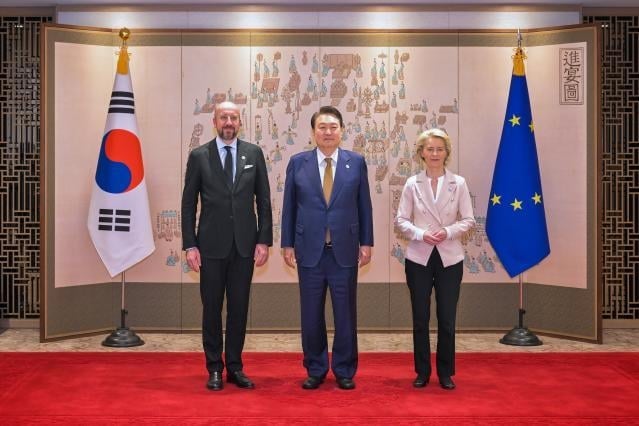In 2022, the UN recorded a 53 per cent increase in the number of civilians killed across 12 armed conflicts, from Sudan to Ukraine.
Here are five reasons why strengthening the protection of civilians is imperative.
1. Minimize civilian harm
Armed conflicts result in civilian deaths, injuries, and psychological wounds. In 2022, nearly 94 per cent of the victims of explosive weapons used in populated areas were civilians in 17 conflict-affected countries and territories.
Conflicts lead to the destruction of homes, schools, healthcare facilities, water installations, and other essential infrastructure. When critical infrastructure is destroyed or damaged, this disrupts essential services such as water, electricity, and healthcare, causing even more suffering. Populations flee, unable return home for years.
2. Prevent and address hunger and famine
Conflict and insecurity were the most significant drivers of high levels of acute food insecurity for around 117 million people in 19 countries and territories in 2022.
Crops were destroyed, livestock stolen, land spoiled, roads blocked, and farmers driven from their fields. Livelihoods were lost while food prices increased sharply.
One-year-old Ahmed Mohammed undergoes a malnutrition check at an outpatient therapeutic feeding programme site supported by humanitarian partners in Jubaland state, Somalia, a country where an estimated 1.8 million children under age five will be acutely malnourished through December 2023.
3. Protect vulnerable groups
Women, children, and people with disabilities are affected by conflict in different ways, and ensuring their protection is critical.
In 2022, women and girls accounted for at least 95 per cent of victims of documented sexual violence. Children were abducted, recruited, and used in hostilities, and deprived of an education. Persons with disabilities were trapped in hostilities and unable to access food, water, healthcare, or humanitarian assistance.

A girl helps her sister on their way home from school in Idlib, Syria.
4. Ensure safe access for humanitarians
Humanitarians faced many overlapping challenges in their efforts to reach populations most in need.
Hostilities, explosive ordnance, bureaucratic impediments, States’ sanctions, and counter-terrorism measures slowed or stalled humanitarian activities, leaving people without the essentials they need.
In addition, they face attacks against them. Reports show that humanitarian workers have been killed or injured, and have faced other threats, including looting and kidnapping. Misinformation and disinformation have also undermined trust and have created security risks for humanitarians.
USG Griffiths visits Sudan – 3 May 2023
5. Prevent forced displacement and find durable solutions
Last year, the number of people forcibly displaced due to conflict, violence, human rights violations, and persecution exceeded an alarming 100 million.
Even after fleeing violence, people were still not safe. They faced more violence, explosive hazards, and limited access to essential services. Displaced persons faced greater difficulties accessing food, a difficulty that increased with the number of times they were displaced.
What must be done?
OCHA says protection measures must be improved and has underlined, the need for all States and parties to a conflict to incorporate international humanitarian law into their legislation, military manuals, and training.
They must also adopt specific protections for vulnerable persons, such as children and persons with disabilities, and should join the new Political Declaration on Explosive Weapons in Populated Areas.
Calling on States to ensure unimpeded humanitarian access and the protection of all aid workers and supplies, OCHA said they should also ensure that their sanctions and counter-terrorism measures do not negatively impact the delivery of assistance.
The Protection of Civilians Week is a platform for bringing the voices of victims of armed conflict to New York and actively listening to what they have to say and need, providing an opportunity to forge connections and share knowledge and solutions.
Learn more about the Protection of Civilians Week 2023 here.














